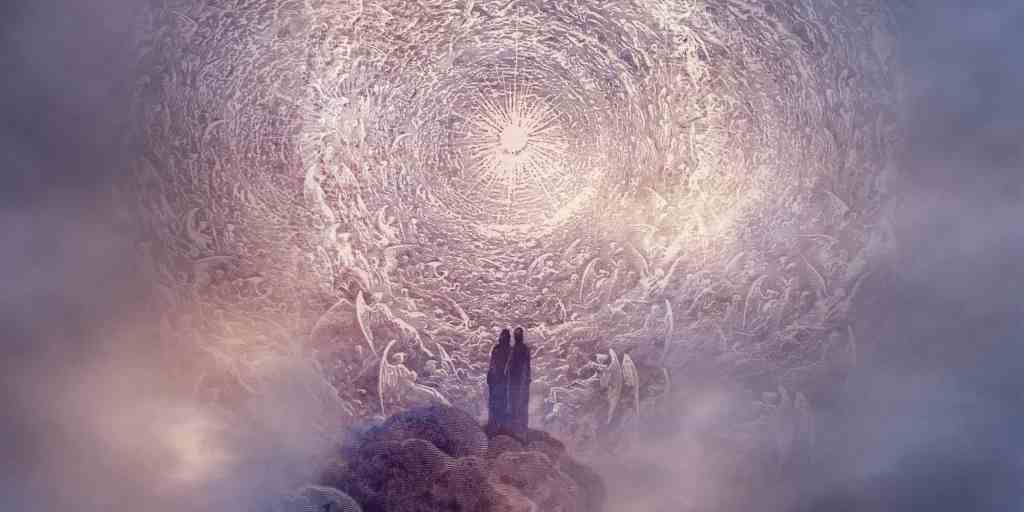
Expanding Horizons: Exploring the Theological Implications of Discovering Advanced Extraterrestrial Civilizations
Throughout history, humanity has looked up at the stars and wondered if we are alone in the universe. With recent advancements in technology and space exploration, the possibility of discovering advanced extraterrestrial civilizations is becoming more tangible than ever before. This raises a profound theological question – how would the existence of extraterrestrial life impact…
7 minutes




Leave a comment